After Newtown, states slow to embrace new gun laws

Months after the mass shooting at Sandy Hook Elementary School, new state-level restrictions on guns have been slow in coming, and they’ve mostly been concentrated in a handful of states that already have tough gun laws.
Meanwhile, lawmakers in at least a half-dozen other states have gone the other way, proposing and in some instances passing bills that would expand where and when a person can be in possession of a firearm.
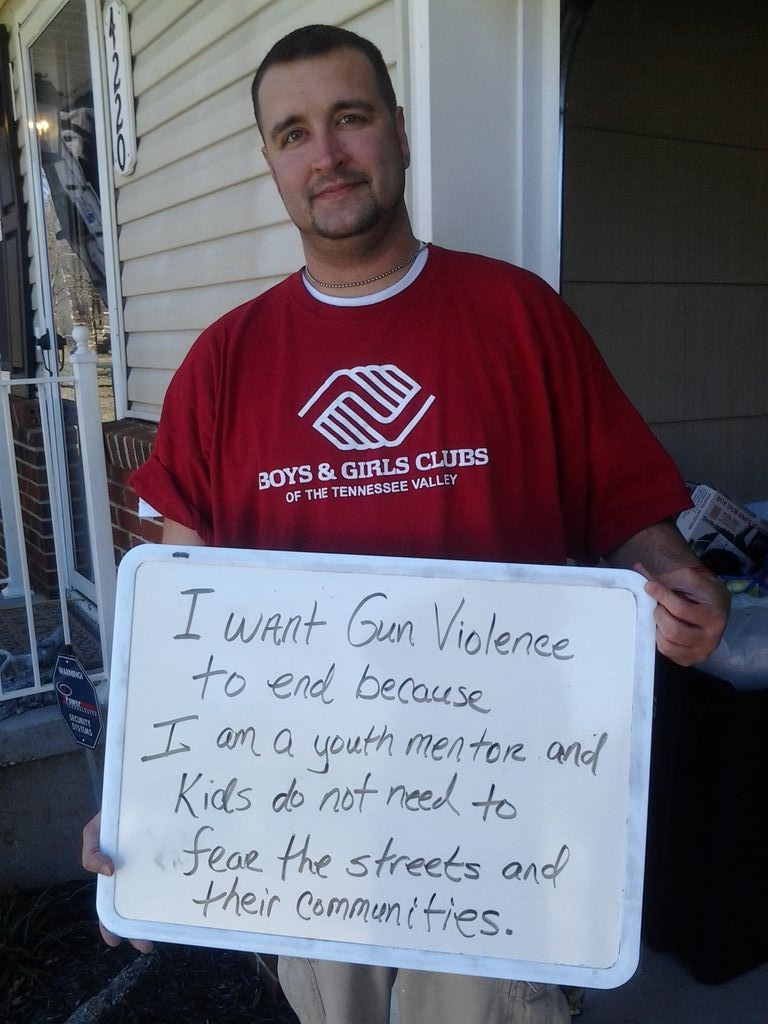
But for residents in the vast majority of states, gun ownership looks unlikely to change much absent federal legislation.
A person can still buy a pistol at a Nevada gun show without a background check or carry a rifle inside the New Hampshire state house, just as he or she could before Adam Lanza brought a Bushmaster .223 rifle into a Newtown, Conn., elementary school and opened fire.
“There has been activity in other states that one might not ordinarily think of -- Colorado, for example,” said Jon Vernick, co-director of the Johns Hopkins Center for Gun Policy and Research. But there remain “the Idahos of the world, where really little has changed since Newtown.”
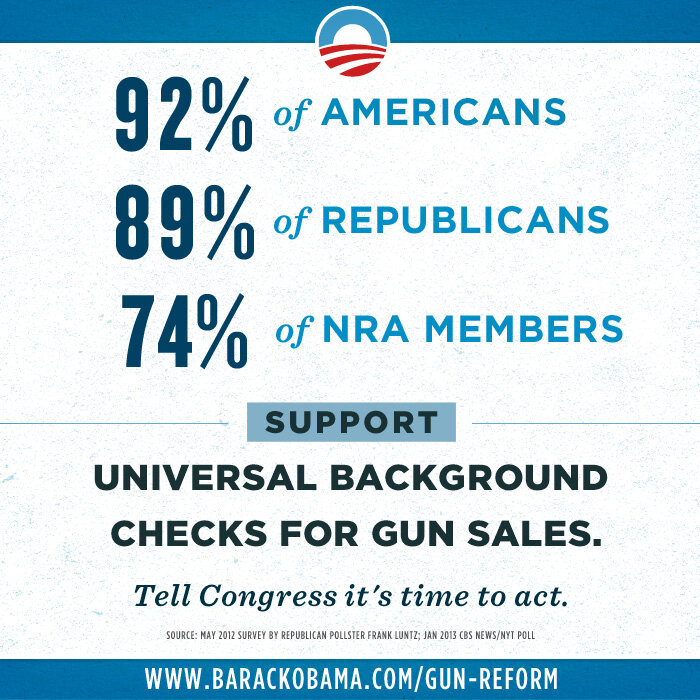
Gun-control advocates had high hopes that the Newtown tragedy would serve as a galvanizing moment for the country. Dan Gross, president of the Brady Campaign to Prevent Gun Violence, said at the time that he hoped it would be a “catalyst to demand the sensible change.”
While recent mass shootings do appear to have moved public opinion – a recent NBC News/Wall Street Journal poll found American support for stricter gun laws at its highest level in a decade – there has not been a rush at the state level to embrace sweeping new gun laws.
And most of the dozen or so states where significant new restrictions have been proposed already have a “C+” rating or above from the Law Center to Prevent Gun Violence, putting them among the nation’s top states for gun control.

“Most of the viable proposals on the federal level and in most states would have very little impact on self-defense,” said UCLA law professor Eugene Volokh. “But pretty much all the gun control proposals out there are not going to be terribly effective at combating criminals.”
In New Jersey, several lawmakers began calling for new gun laws in the immediate aftermath of the Newtown shooting, even though the state already has an A- rating from the Law Center to Prevent Gun Violence. Legislators voted a raft of bills through the Democrat-controlled state assembly on Feb. 22, including a ban on .50 caliber weapons and a 10-round magazine limit. Those bills may still be held up by a hesitant Senate and Republican governor.
“We’re going to take a hard look at the bills the Assembly did,” New Jersey Senate President Stephen Sweeney said in an interview with Philadelphia radio station 106.9FM. “Some might be changed, some might not go through at all.”
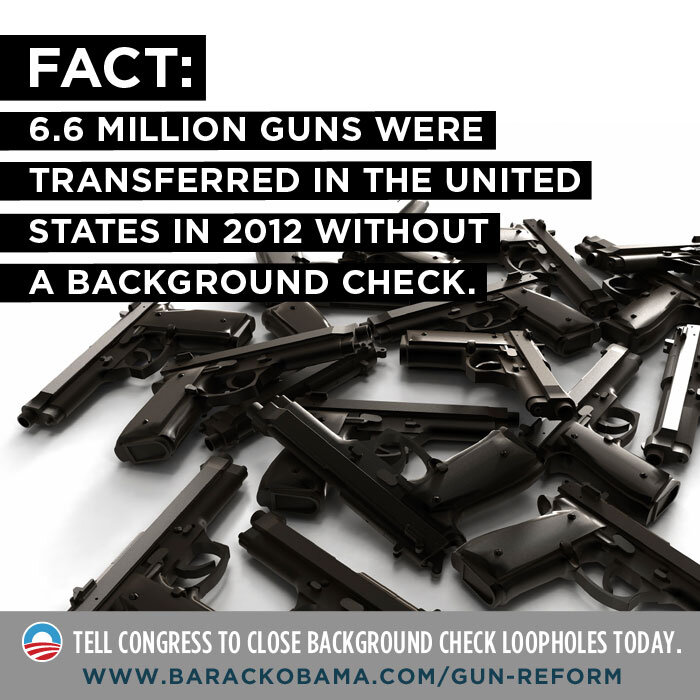
At the same time, lawmakers in Wyoming, South Dakota, Kansas, Tennessee, Texas, and Arizona all moved to loosen their controls on firearms, in many cases thumbing their nose at prospective federal legislation.
An Arkansas bill allowing holders of concealed-carry permits to bring their gun into churches was signed into law by Governor Mike Beebe, a Democrat, on Feb. 11.
First sponsored by state Senator Bryan King, the Church Protection Act passed the state’s Republican-controlled Senate by an overwhelming majority. In Kentucky, the state Senate voted 34 to 3 on Feb. 25 to approve a bill outlawing the enforcement of federal gun laws that do not yet exist.
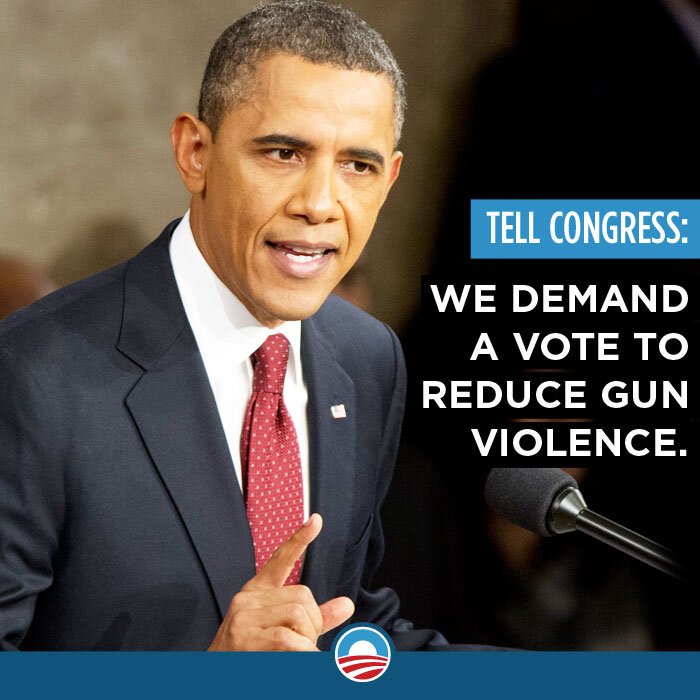
The most aggressive gun-control legislative action so far has come in New York, where Gov. Andrew Cuomo championed one of the nation’s toughest bans on assault weapons, the first to come in the wake of Newtown. But the state already boasted gun laws that were among the nation’s toughest.
Even in states seared by recent tragedies, lawmakers have found their progress slowed.
After Connecticut lawmakers failed to coalesce around any of the gun laws offered in the days after Newtown, Democratic Gov. Dan Malloy introduced his own proposal and vowed to shove it through.
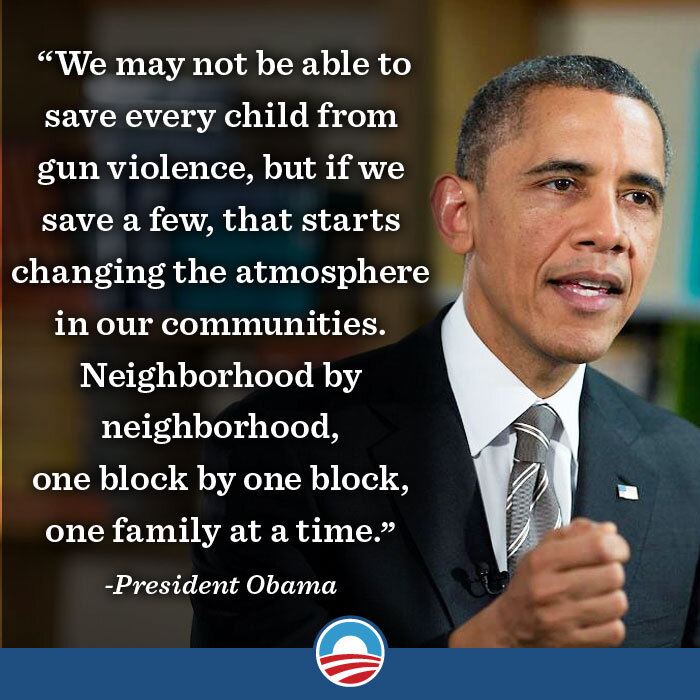
Lawmakers are trying to forge a bipartisan consensus but they are finding it difficult. “I would hope that we would have a broadly supported bipartisan bill, but I think it’s more important that we have a strong bill that meets the need,” said Sen. Majority Leader Martin Looney, a Democrat.
In Colorado, home of the Aurora theater shooting, House lawmakers advanced gun-control bills after some last-minute lobbying from Joe Biden, drawing the wrath of Republicans.
The bills would mandate universal background checks, ban magazines with more than 15 rounds, and allow college campuses to prohibit concealed carry. With the Senate planning to vote soon, the magazine maker Magpul Industries threatened to abandon its plant 28 miles from Denver if the proposed magazine limit is put into law.
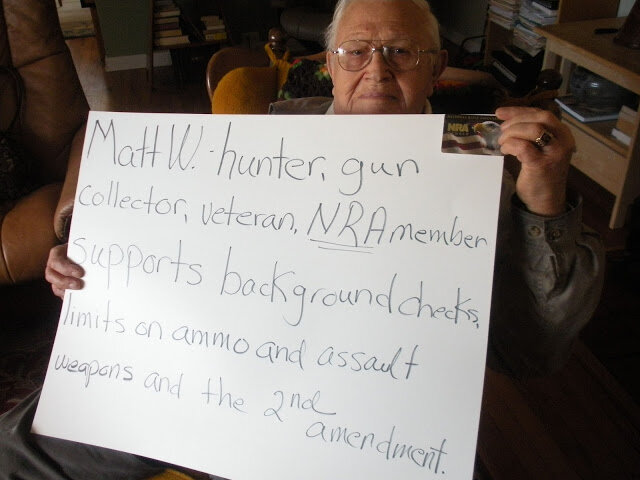
“Colorado is in a unique position in that we have suffered these tragedies firsthand, so there is a drumbeat in Colorado,” said Colorado Senate President John Morse, a Democrat. “I think the governor will be in support of all of these bills once we get them to his desk.”
Passing a bill expanding gun rights can be complicated, too, as Wyoming State Representative Kendell Kroeker, a Republican, found out.
He got a bill passed in the state House of Representatives that would have made it illegal for anyone to enforce any new federal law that placed restrictions on guns, ammunition, or other firearms accessories within the borders of the state.
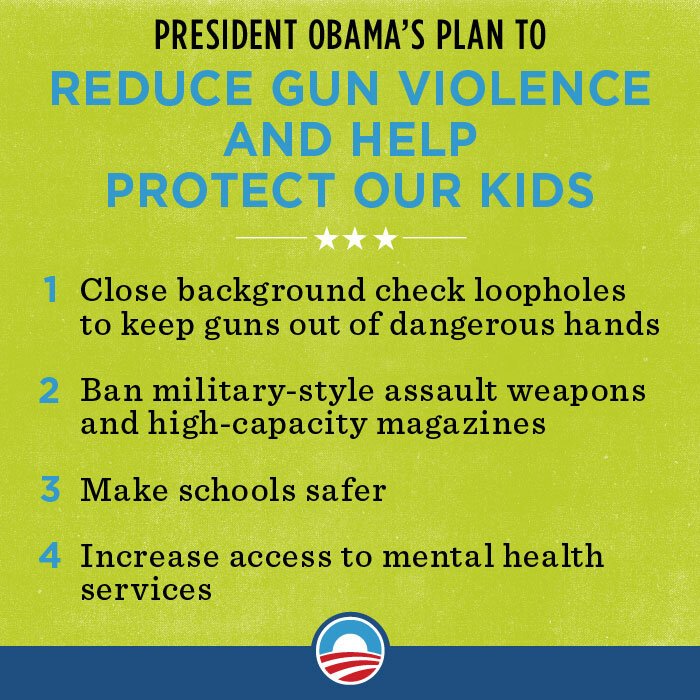
That bill died amid questions of its constitutionality, Kroeker said. But the response from his constituents was “overwhelmingly positive,” he added.
Whether gun ownership changes for most Americans may come down to actions taken on the national level, as hesitant state lawmakers wait for a cue from Washington. The Senate Judiciary Committee put a one-week hold on prospective federal gun bills on Thursday.
Related:
Gun stores running low on weapons as sales surge
Anger, violent thoughts: Are you too sick to own a gun?
 Barack Obama
Barack Obama
No comments:
Post a Comment